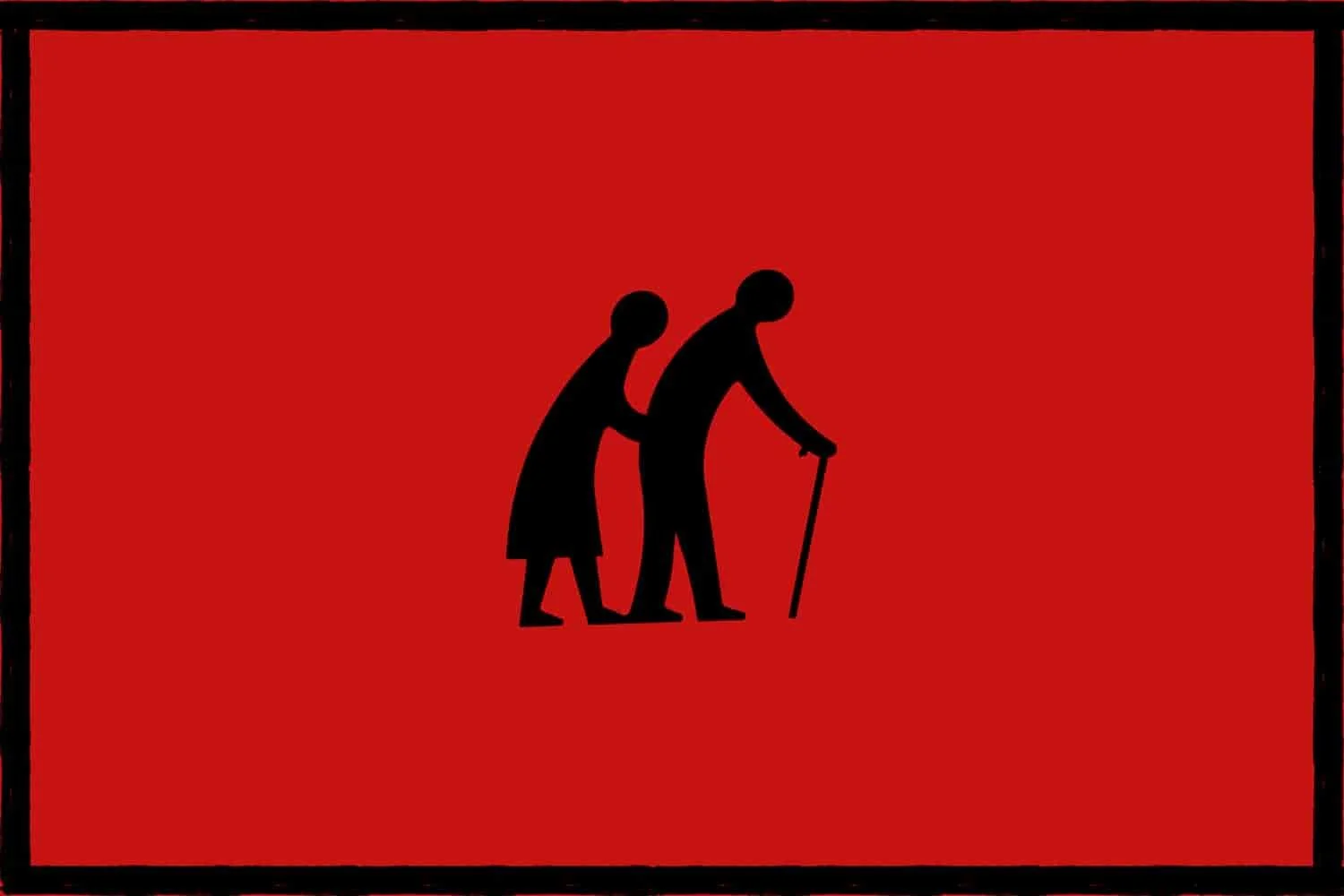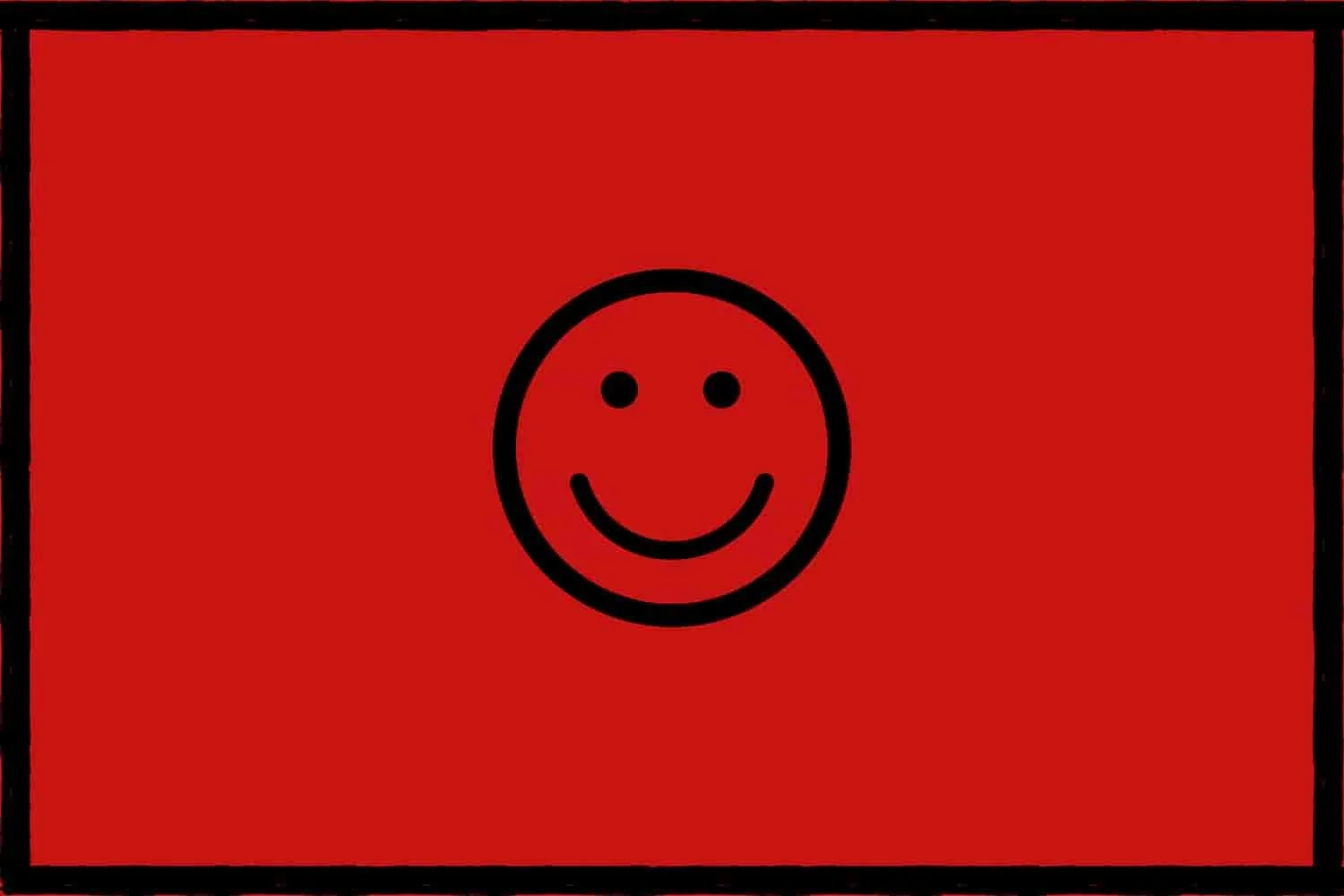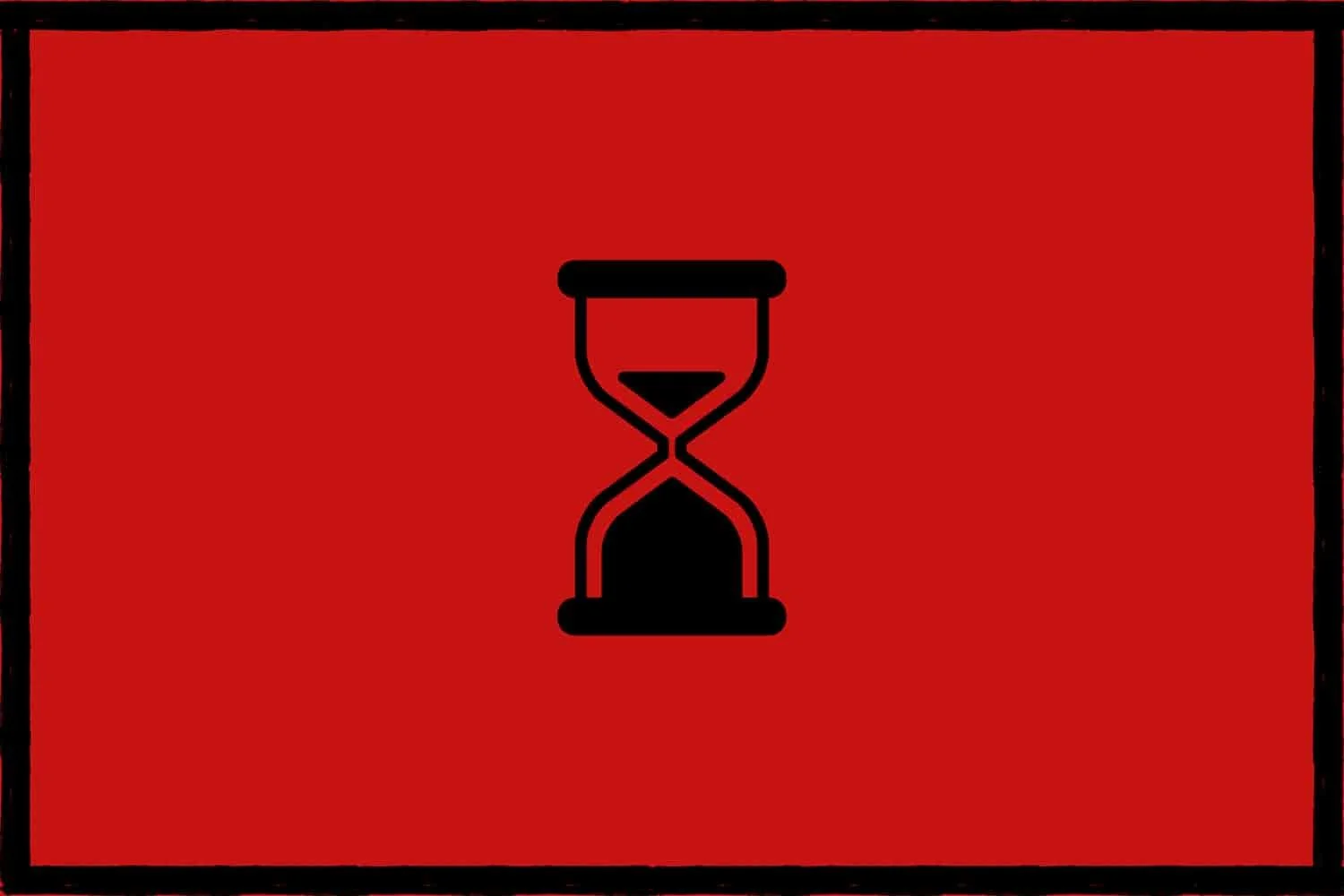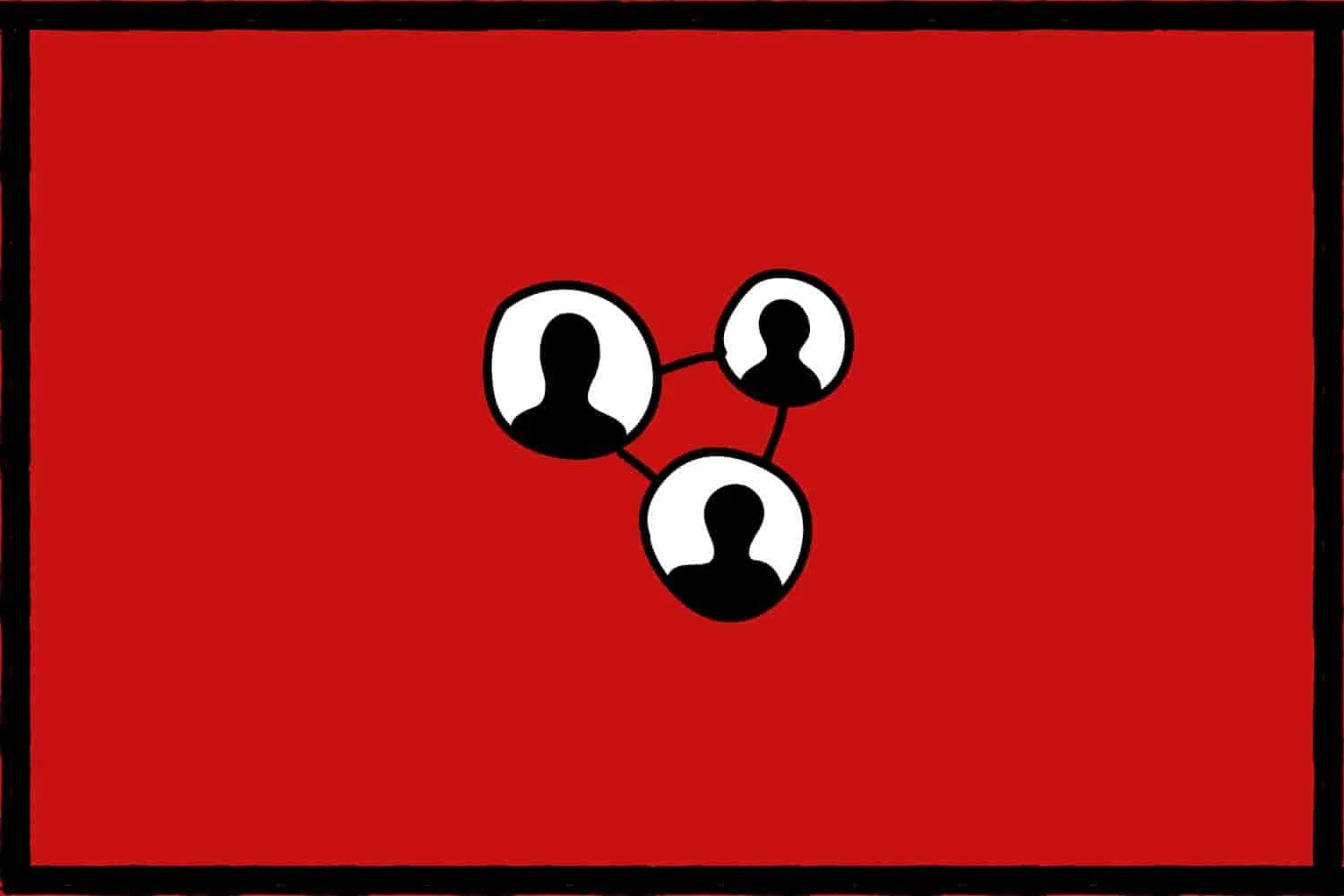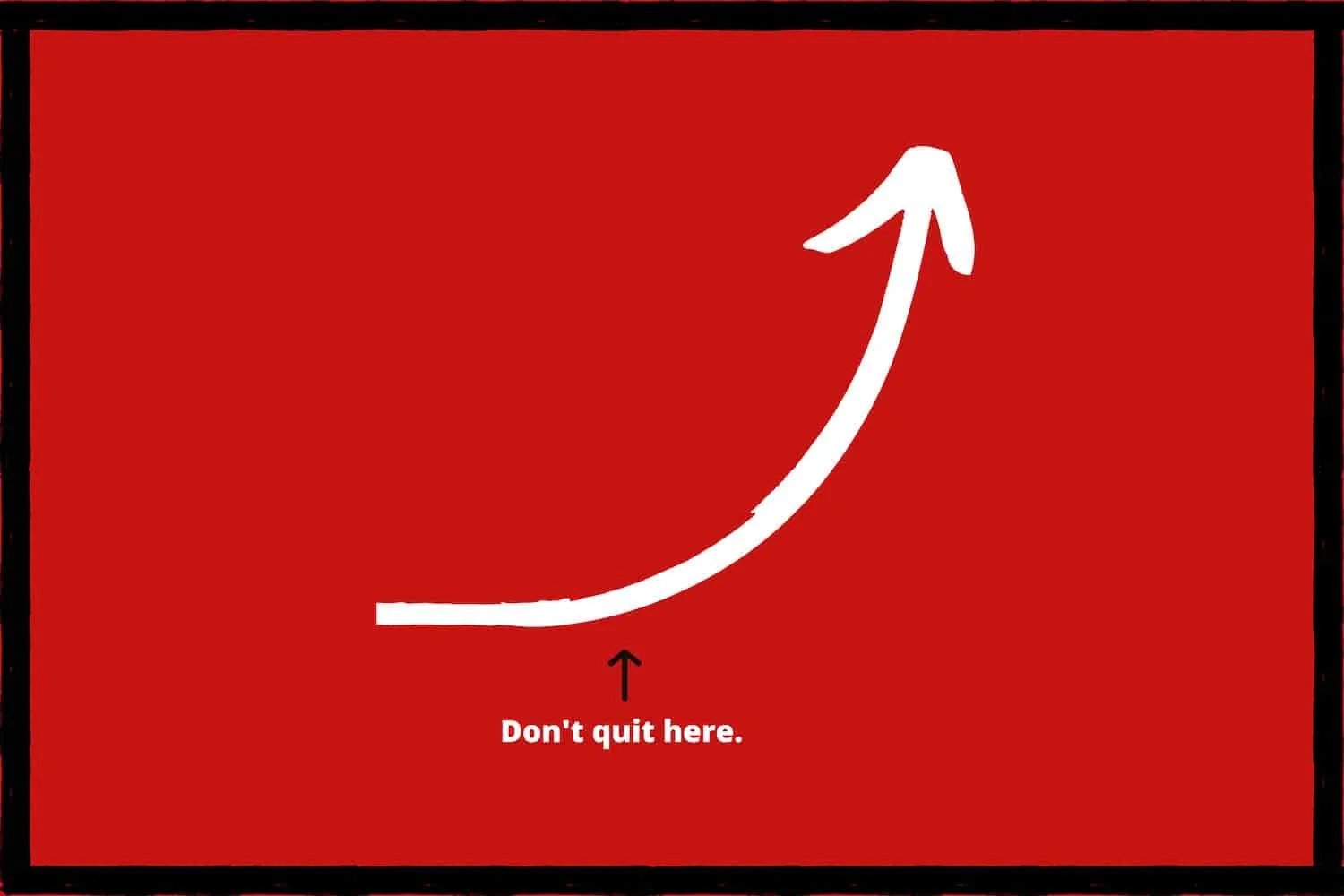Distraction is the enemy of wealth creation. Alongside the fear of failure, it’s the greatest obstacle you need to overcome to “win the game.” The price of freedom is control of your attention.
Read MoreLoss aversion bias is the natural tendency to suffer more from a loss than you enjoy from a proportionate gain. This is a feature of the human mind, not a bug and it’s designed to keep you alive. It also has important consequences when you navigate the world - ones that can work for you if you know what you’re doing and against you if you don’t.
Read MoreAt the beginning of 2021, I moved willingly into the dark. I quit my full-time job to write a movie with my wife. I knew that if I didn’t do this, I would regret it for the rest of my life. And minimizing regret turns out to be a very strong incentive for change. Some of the greatest entrepreneurs of all time use it to guide their decisions.
Read MoreIf you think you’re too “happy” to change the world, you’re wrong. My wife and I talk about this all the time. We wonder if we’re too “happy” and “balanced” to be artists who create work that can affect millions. While great work can definitely come from dark places, happy people are more productive. Here’s why…
Read MoreThere’s a simple way to make better decisions in your life: make more obvious ones. If it’s not slapping you across the face as an obvious “yes, I should do this right now,” then don’t do it. Just wait, and see what else comes your way.
Read MoreCharlie Munger uses a handful of mental models (ways of thinking about the world) to create outsized business results. One of those models is to operate within his circle of competence consistently. A circle of competence is an area of the world where you have useful knowledge that gives you an edge. These are the areas where you can win big.
Read MoreWhat you work on matters far more than how hard you work. At the same time, how long you work on something depends almost entirely on the amount of time you have to do it. That is Parkinson’s Law. And if you are going to get rich working moderately hard, you need to know about it.
Read MoreA challenge network is a group of people in your life who provide you with radical transparency and feedback to help you improve.
Growth and change are uncomfortable. Most people will not lean into discomfort on their own - they need a push. That's what a challenge network does. It pushes you in the right direction when you don't want to push yourself.
Read MoreThe Pareto Principle recognizes that only a few inputs (about 20%) determine the majority of the outcomes (about 80%). Richard Koch used this simple idea to hack his exam prep and ace his finals when he was at Oxford. I use it to boost traffic on Wealest.com. What will you do with it?
Read MoreAlbert Einstein once called compound interest the most powerful force in the universe. When applied to your finances, compound interest will certainly make you rich. But most people don’t know it can also make you smarter, and more connected with the people you love, and more comfortable in business.
Read More


